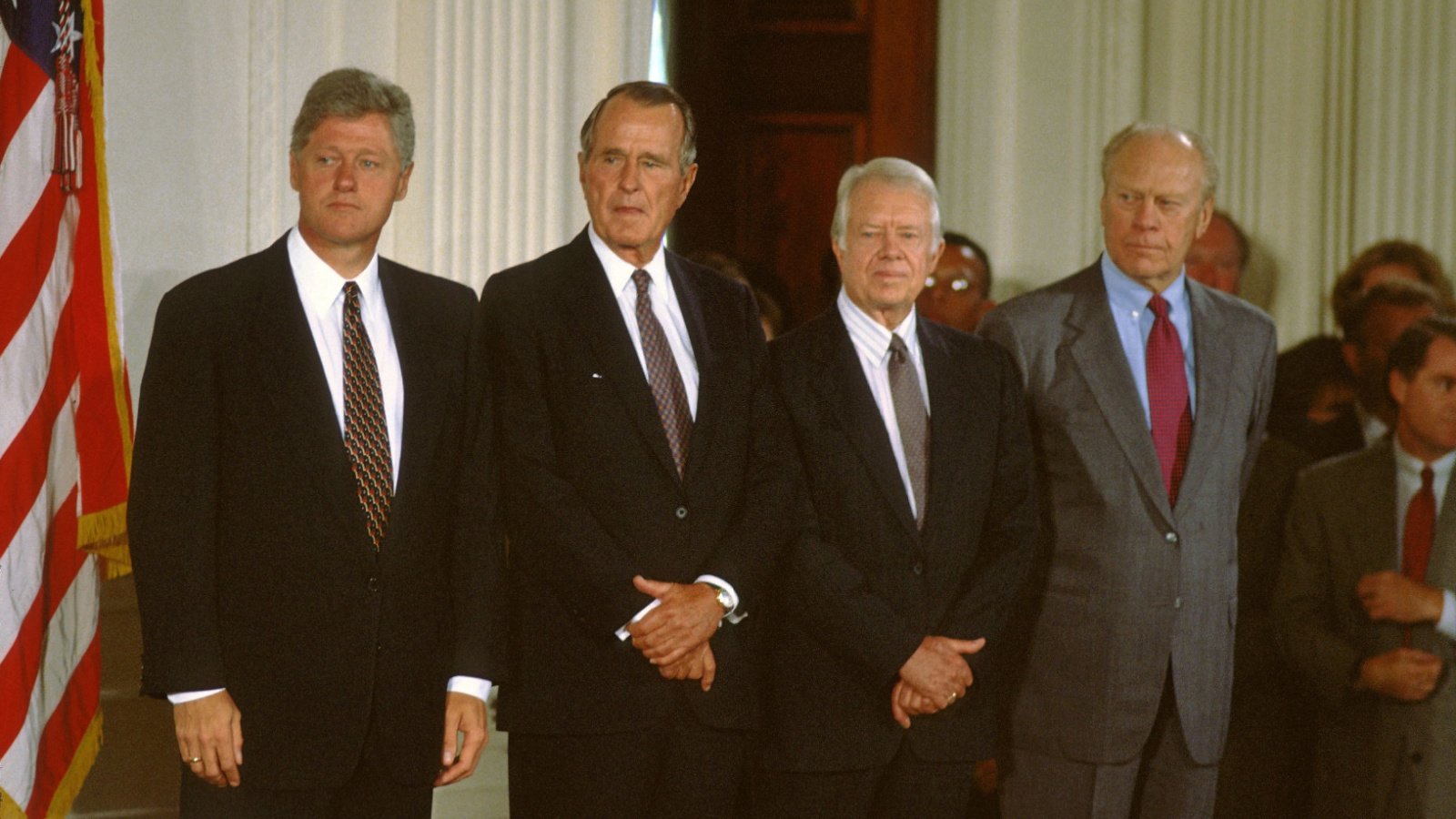As the gap between the cost of living and employee wages grows, the need for a higher minimum wage becomes increasingly urgent. Workers are demanding fairness, dignity, and sustainability. Explore why boosting the minimum wage would be a game-changer for millions.
Living Costs

As living costs continue to rise, the current minimum wage struggles to cover basic necessities like housing, food, and healthcare. Raising the minimum wage would help workers afford the essentials. It’s a step toward ensuring no full-time worker lives in poverty.
Economic Growth

Increasing the minimum wage boosts consumer spending, driving demand for goods and services. More money in workers’ pockets means more spending in the economy, fostering growth and stability. This cycle of spending and growth benefits everyone.
Worker Productivity

Higher wages are linked to increased productivity. Workers who feel valued through fair compensation are more motivated and engaged. This improvement in productivity can offset wage costs and benefit the overall economy.
Reduced Turnover

Raising the minimum wage decreases employee turnover, saving businesses the costs associated with recruiting and training new workers. When employees are paid more, they are more likely to stay with their employer, leading to a more experienced and committed workforce.
Poverty Reduction

A higher minimum wage directly addresses poverty by increasing earnings for the lowest-paid workers. Lifting people out of poverty reduces reliance on social welfare programs, freeing up resources for other societal needs.
Stimulate Local Economies

Increased wages mean workers have more to spend locally, boosting small businesses and local economies. Money earned by low-wage workers is often spent immediately and locally. This recirculates money through the community, creating a positive economic ripple effect.
Promote Fairness

Raising the minimum wage is a matter of fairness and equity. It ensures that economic growth benefits are shared more broadly across society. Everyone deserves to be compensated fairly for their labor, regardless of their job.
Boost Morale

Higher wages lead to higher morale and job satisfaction. Workers who believe their pay reflects their worth are happier and more positive in their roles. This enhanced morale can lead to a healthier workplace environment for all.
Encourage Responsible Business Practices

A higher minimum wage encourages businesses to focus on efficiency and innovation rather than low labor costs. This shift can lead to more sustainable and ethical business practices. It promotes a business model that values workers and innovation equally.
Support for Families

A higher wage helps workers provide for their children’s needs and secure a better future for the next generation. This support is crucial for building strong, stable communities.
Reduce Gender and Ethnicity Wage Gaps

Increasing the minimum wage can help close the wage gaps faced by women and ethnic minorities. These groups disproportionately occupy low-wage jobs, so a wage increase would directly benefit them.
Increased Job Creation

With more money circulating in the economy, businesses can see increased demand, leading to the need for more workers. This cycle of growth can result in new job opportunities.
Reduced Crime Rates

When people can earn a living wage legally, the incentive to engage in criminal activity decreases. This benefit has positive implications for community safety and well-being.
Improved Health Outcomes

Workers earning a living wage can afford healthier food, healthcare, and activities that promote well-being. This can lead to reduced healthcare costs and a healthier population.
Support for Education

Higher earnings enable workers and their families to invest in education. Whether saving for college or pursuing further education themselves, higher wages make these goals more attainable.
Encourages Full-Time Work

A fair minimum wage makes full-time work more appealing than part-time jobs or welfare. This shift can lead to more people entering the workforce full-time, contributing to the economy and their own financial independence. It’s a step toward a more engaged and productive society.
Social Justice

Raising the minimum wage ensures that the economy’s gains are shared by all who contribute. It recognizes the dignity of work and the right to a fair wage. This principle is fundamental to a just and equitable society.
Better for the Environment

Financially stable individuals can make more sustainable choices, such as purchasing local or eco-friendly products. Higher wages thus indirectly support environmental sustainability. It’s easier to consider the planet when you’re not struggling to pay the bills.
Global Competitiveness

By raising the minimum wage, the U.S. can ensure its workforce is better compensated compared to other nations. This can attract talent and maintain the country’s competitiveness on the global stage.
Encourages Independence

Higher wages help individuals rely less on government assistance for their basic needs. This independence is empowering for workers and reduces strain on public resources. It promotes a more self-sufficient society where individuals can thrive on their own merit.
Sets a Global Standard

The U.S. setting a higher minimum wage can inspire other countries to reconsider their wage standards. It positions the country as a leader in workers’ rights and economic fairness. Leading by example, the U.S. can influence global labor practices for the better.








